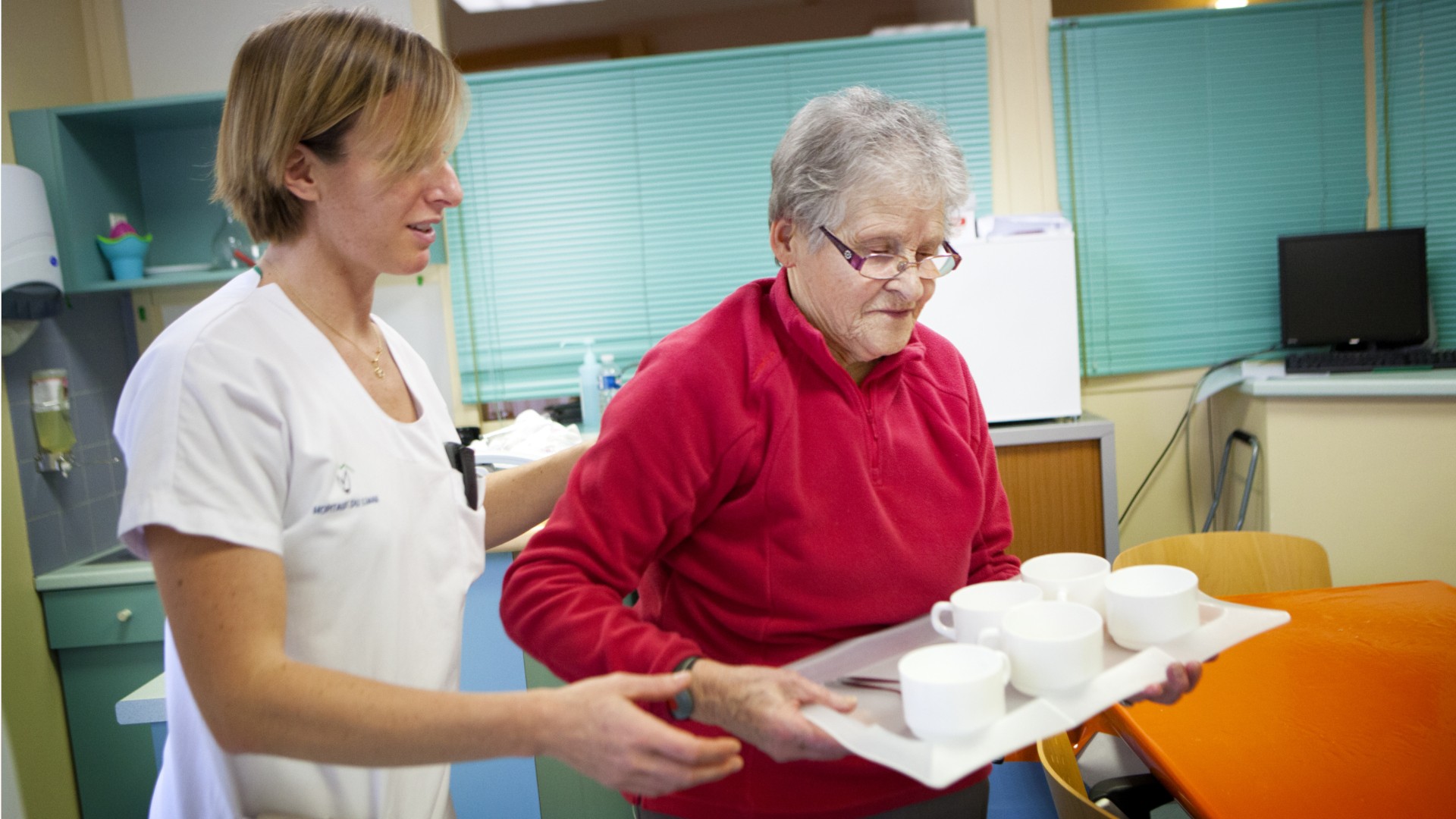Occupational Therapy Assistants
Certified Occupational Therapist Assistant (COTA), Certified Occupational Therapy Assistant (COTA), Licensed Occupational Therapy Assistant (LOTA), Occupational Therapy Assistant (OTA)
 Select a military branch to see samples.
Select a military branch to see samples.
Dental Assistant; Dental Assistant Craftsman; Dental Assistant Journeyman; Health Services Management Apprentice; Health Services Management Craftsman, Health Information Technology; Health Services Management Journeyman, Health Information Technology; Physical Medicine; Physical Medicine Apprentice, Orthotic; Physical Medicine Helper; Physical Medicine Journeyman, Orthotic
Medical Specialist Corps Officer; Occupational Therapy; Occupational Therapy Specialist; Physical Therapy; Physical Therapy Specialist; Specialist Allied Operations
Health Services Technician; Medical Administration Specialty
No similar titles were found.
Hospital Corpsman; Occupational Therapist; Occupational Therapy Assistant; Physical Therapy Technician
Physical Medicine Manager
What they do:
Assist occupational therapists in providing occupational therapy treatments and procedures. May, in accordance with state laws, assist in development of treatment plans, carry out routine functions, direct activity programs, and document the progress of treatments. Generally requires formal training.
On the job, you would:
- Instruct, or assist in instructing, patients and families in home programs, basic living skills, or the care and use of adaptive equipment.
- Maintain and promote a positive attitude toward clients and their treatment programs.
- Report to supervisors, verbally or in writing, on patients' progress, attitudes, and behavior.
Knowledge
Business
- customer service
- administrative services
Math and Science
- psychology
- sociology and anthropology
Education and Training
- teaching and course design
Arts and Humanities
- English language
Skills
Basic Skills
- listening to others, not interrupting, and asking good questions
- talking to others
Social
- looking for ways to help people
- understanding people's reactions
People and Technology Systems
- thinking about the pros and cons of different options and picking the best one
- figuring out how a system should work and how changes in the future will affect it
Abilities
Verbal
- communicate by speaking
- listen and understand what people say
Ideas and Logic
- notice when problems happen
- order or arrange things
Hand and Finger Use
- hold or move items with your hands
- keep your arm or hand steady
Personality
People interested in this work like activities that include helping people, teaching, and talking.
They do well at jobs that need:
- Optimism
- Empathy
- Social Orientation
- Cooperation
- Integrity
- Attention to Detail
Technology
You might use software like this on the job:
Medical software
- eClinicalWorks EHR software
- Laboratory information system LIS
Presentation software
- Microsoft PowerPoint
Data base user interface and query software
- Database software
- Microsoft Access
Education
Education: (rated 3 of 5)
associate's degree
usually needed
usually needed
Job Outlook
Bright
New job opportunities are very likely in the future.
Explore More
- Occupational Therapy Aides
- Physical Therapist Aides
- Physical Therapist Assistants
- Psychiatric Technicians
- Respiratory Therapists
You might like a career in one of these industries:
See more details at O*NET OnLine about Occupational Therapy Assistants.





